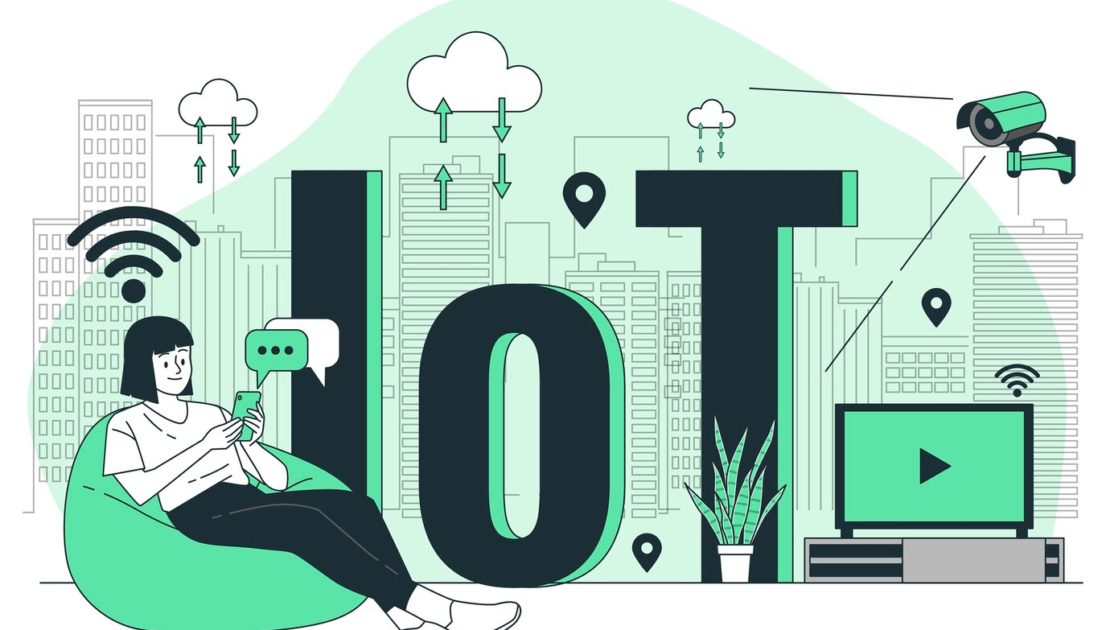The Internet of Things (IoT) is transforming business operations by enabling seamless connectivity between devices, systems, and data sources. Companies across various industries are leveraging IoT to optimize processes, enhance efficiency, and improve decision-making. As technology continues to advance, the integration of IoT in business operations is becoming a necessity rather than a luxury.
The Rise of IoT: How Connected Devices are Shaping Business Operations
The Rise of IoT: How Connected Devices are Shaping Business Operations

The Rise of IoT: How Connected Devices are Shaping Business Operations
Understanding IoT and Its Business Applications
IoT refers to a network of interconnected devices that collect and exchange data in real-time. These smart devices, equipped with sensors and internet connectivity, allow businesses to automate tasks, monitor operations, and gain valuable insights.
Key Benefits of IoT in Business Operations
- Enhanced Efficiency: IoT streamlines workflows by automating routine tasks, reducing manual intervention, and minimizing operational delays.
- Real-Time Data Monitoring: Businesses can track equipment performance, supply chain activities, and employee productivity in real time.
- Cost Reduction: Predictive maintenance powered by IoT prevents equipment failures, reducing repair and downtime costs.
- Improved Customer Experience: Smart devices enable businesses to offer personalized services based on customer preferences and usage patterns.
- Stronger Security Measures: IoT enhances security by providing real-time monitoring, automated alerts, and data encryption.
- Better Decision-Making: With accurate and timely data, companies can make informed business decisions and optimize strategies.
How IoT is Reshaping Different Industries
Manufacturing
IoT-powered smart factories use connected sensors and AI-driven analytics to enhance production efficiency, minimize defects, and optimize supply chain management.
Healthcare
Connected medical devices, such as wearable health trackers and remote patient monitoring systems, improve healthcare services by enabling real-time health tracking and timely interventions.
Retail
IoT helps retailers manage inventory efficiently, enhance customer engagement through smart recommendations, and optimize in-store experiences with automated checkout systems.
Logistics and Supply Chain
Real-time tracking of shipments, automated warehouse management, and fleet monitoring systems improve logistics operations and reduce transit delays.
Smart Cities and Infrastructure
IoT enhances urban planning by optimizing traffic flow, managing energy consumption, and improving public safety through smart surveillance systems.
Challenges of Implementing IoT in Business
- Data Security and Privacy: As IoT devices generate vast amounts of data, ensuring data security and privacy remains a major challenge.
- High Initial Investment: Deploying IoT technology requires significant investment in hardware, software, and skilled professionals.
- Integration with Legacy Systems: Many businesses face difficulties in integrating IoT solutions with their existing infrastructure.
- Network Reliability: Continuous connectivity is essential for IoT functionality, making network reliability a critical factor.
The Future of IoT in Business
The adoption of IoT is expected to grow exponentially, driven by advancements in AI, cloud computing, and 5G networks. Businesses that embrace IoT will gain a competitive edge by improving operational efficiency, enhancing customer experiences, and driving innovation.
Conclusion
The rise of IoT is revolutionizing business operations across industries, offering unparalleled efficiency, automation, and data-driven decision-making. As IoT continues to evolve, businesses must adopt robust strategies to leverage its full potential while addressing challenges such as security and integration. Investing in IoT today will pave the way for a smarter, more connected future.
